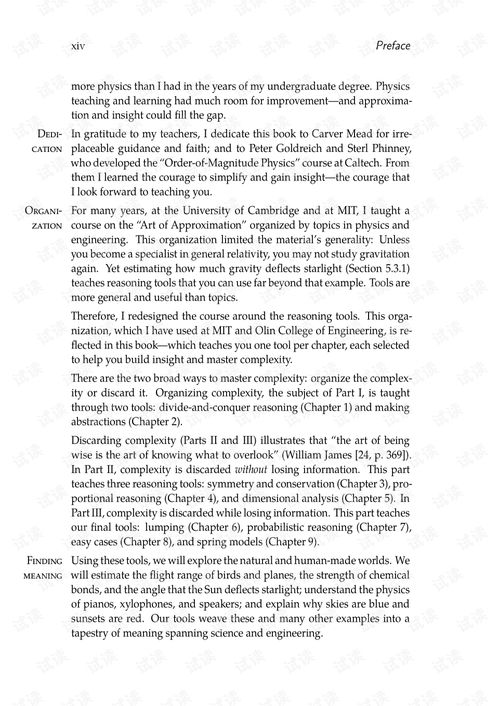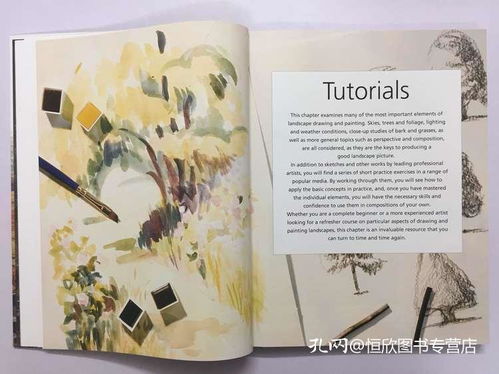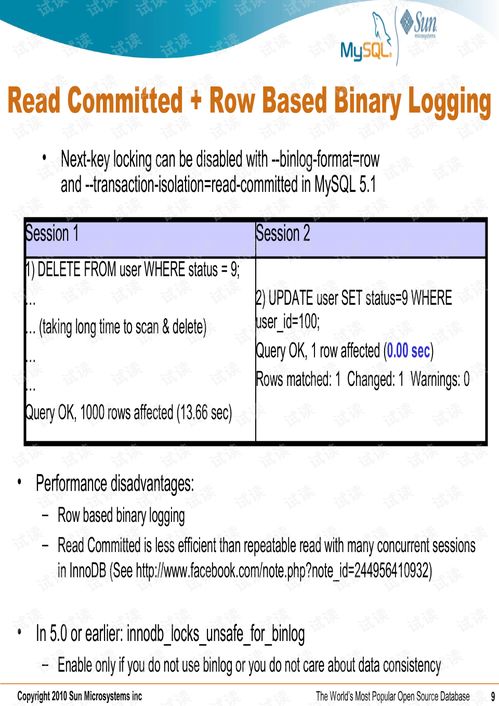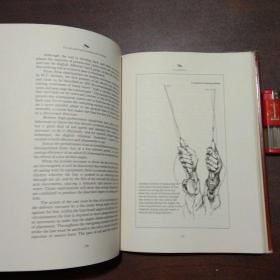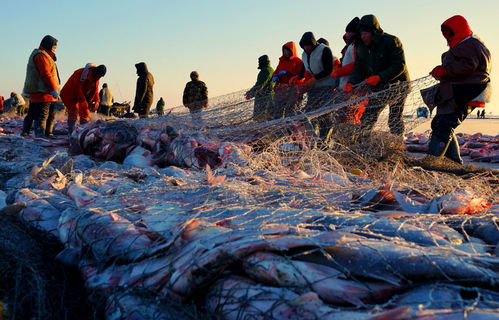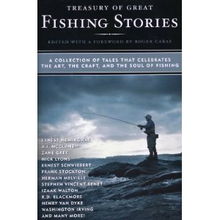Introduction: Fishing is a popular hobby that allows individuals to relax, unwind, and enjoy the tranquility of nature. However, for busy workers, finding time to learn fishing skills can be challenging. In this article, we will provide you with practical tips and advice on how to develop your fishing skills, even if you are a busy worker. So, let's dive into the world of fishing and discover how you can become a proficient angler.
Start with the Basics: Before you embark on your fishing journey, it's essential to learn the basics. Familiarize yourself with the different types of fishing rods, reels, lines, hooks, and lures. Understanding the basic components of a fishing setup will help you make informed decisions when choosing your equipment.
Choose the Right Equipment: Invest in quality fishing gear that suits your needs. As a beginner, you don't need to spend a fortune on high-end equipment. However, make sure to invest in a reliable rod, reel, and line. Additionally, consider purchasing a few essential lures or baits to get started.
Learn from Experts: One of the best ways to improve your fishing skills is by learning from experienced anglers. Join a local fishing club or community group, where you can connect with fellow enthusiasts. Attend fishing workshops or clinics conducted by professional anglers to gain valuable insights and tips.

Study the Fish: Familiarize yourself with the types of fish you want to catch. Each species has specific habits, preferences, and behaviors. By understanding the fish you're targeting, you can adapt your techniques accordingly. Research the feeding patterns, habitats, and preferred baits or lures for the fish you're interested in.
Develop a Routine: Consistency is key in mastering any skill. Dedicate a specific time each week to practice your fishing techniques. Start by focusing on casting, knot tying, and lure presentation. As you progress, challenge yourself to learn new techniques and strategies.
Practice Casting: Casting is a fundamental skill in fishing. Practice your casting technique in a controlled environment, such as a backyard or an open field. Focus on achieving a smooth, accurate cast. Once you feel confident, try casting in different directions and distances to improve your accuracy.
Learn to Tie Knots: Proper knot tying is crucial for securing your fishing line to hooks, lures, and leaders. Familiarize yourself with essential knots such as the improved clinch knot, palomar knot, and uni knot. Practice tying these knots until you can do them quickly and efficiently.
Master Lure Presentation: The way you present your lure or bait to the fish can make a significant difference in your success. Experiment with different retrieves, such as slow rolling, twitching, or stopping and starting. Pay attention to the water conditions and adjust your techniques accordingly.
Understand the Weather: Weather conditions play a vital role in fishing success. Learn to read the weather forecast and understand how it affects fish behavior. Overcast days, for example, can be excellent for fishing as they provide shade and cooler water temperatures for the fish.
Be Patient and Persistent: Fishing can be unpredictable, and it's essential to be patient. Don't get discouraged if you don't catch fish immediately. Persistence is key in mastering fishing skills. Keep practicing, and eventually, you'll improve your chances of success.
Conclusion: Learning fishing skills as a busy worker can be challenging, but with dedication and practice, you can become a proficient angler. By starting with the basics, investing in quality equipment, learning from experts, and understanding the fish you're targeting, you'll be well on your way to mastering the art of fishing. So, grab your rod, reel, and line, and embark on an exciting journey to become a skilled angler. Happy fishing!
